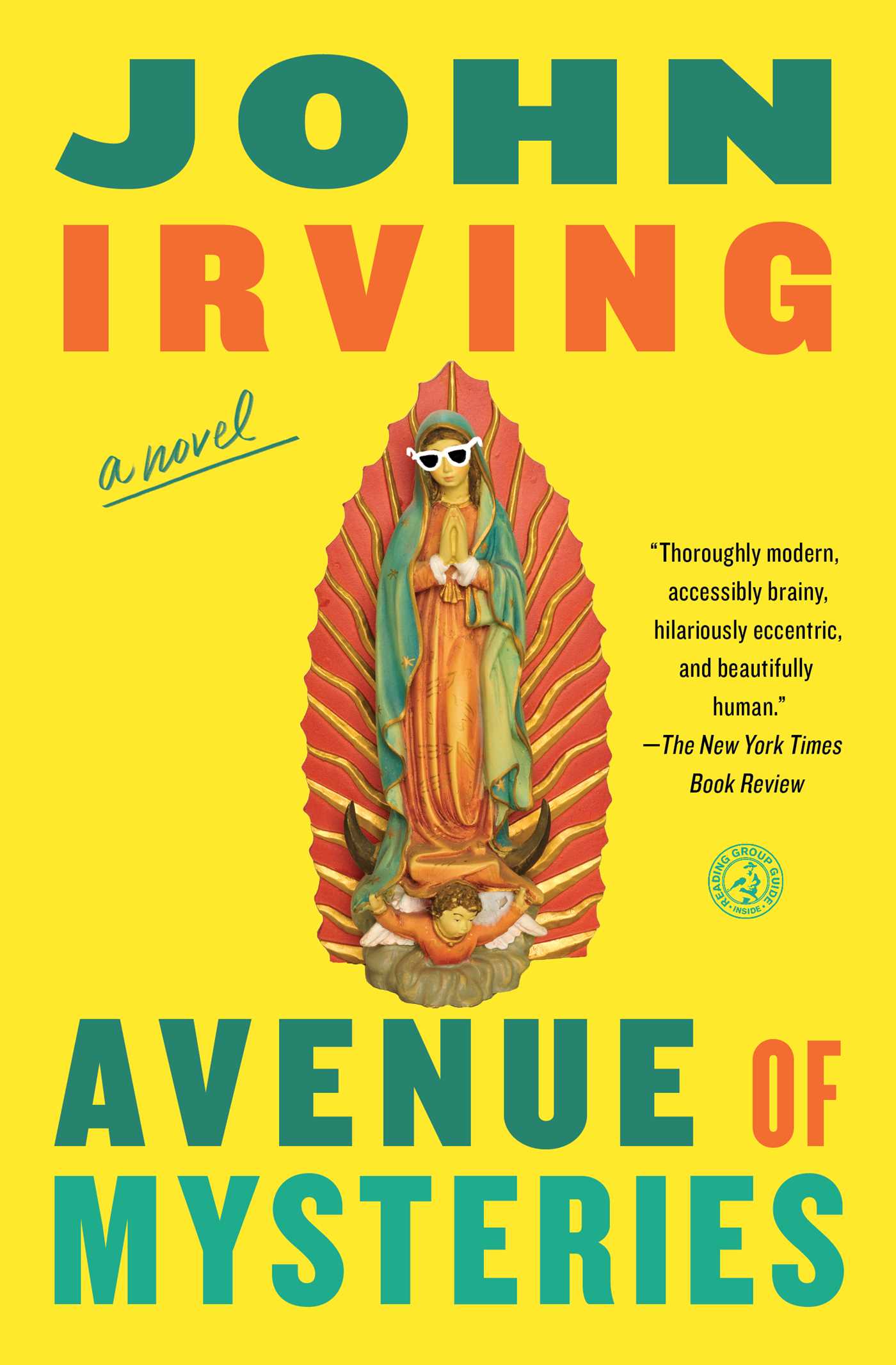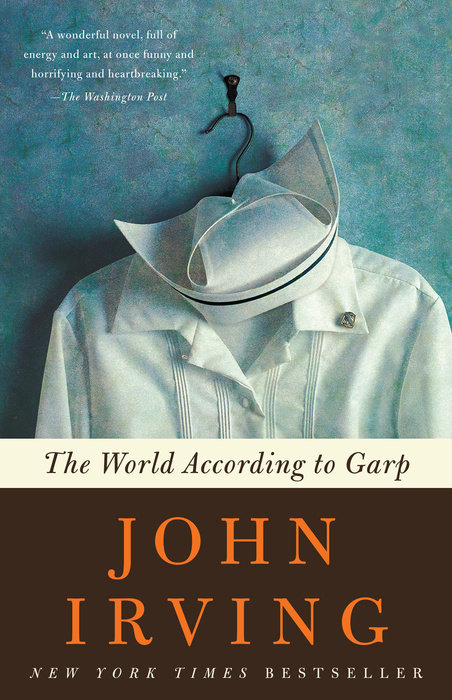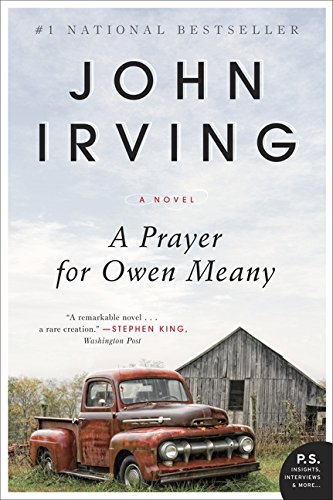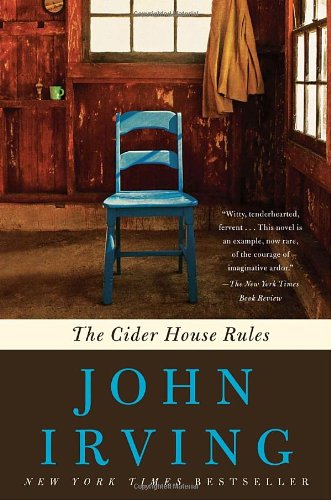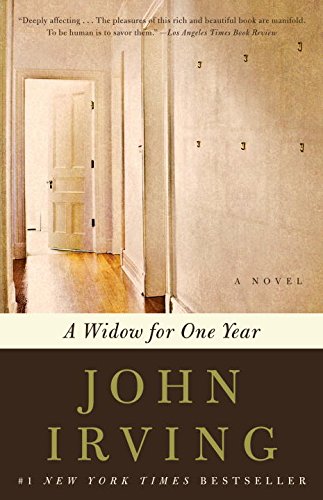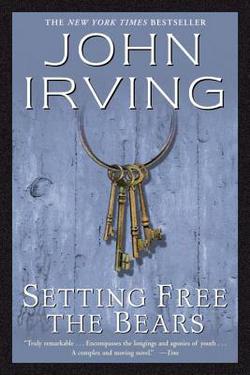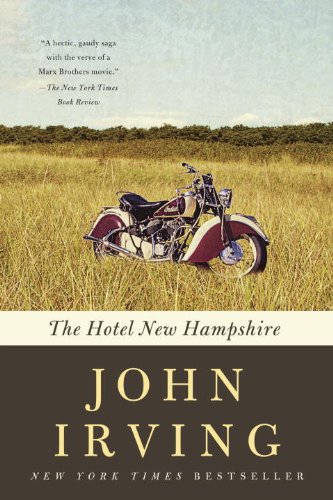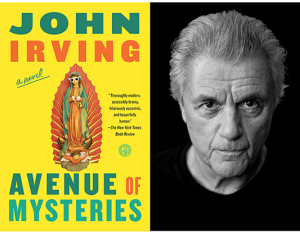 One of the greatest delights in serving as the president of the New England Independent Booksellers Association (NEIBA) is the privilege of selecting the recipient of the President’s Award, which is given to a New England author for lifetime achievement in arts and letters. We are fortunate in this part of the country to have an abundance of outstanding authors from whom to choose, but there are few whose roots and writings are so thoroughly of New England as John Irving.
One of the greatest delights in serving as the president of the New England Independent Booksellers Association (NEIBA) is the privilege of selecting the recipient of the President’s Award, which is given to a New England author for lifetime achievement in arts and letters. We are fortunate in this part of the country to have an abundance of outstanding authors from whom to choose, but there are few whose roots and writings are so thoroughly of New England as John Irving.
Many of Irving’s best-beloved books are set in and around Exeter where he attended high school and was a competitive wrestler, both which have informed his fiction. His first novel, SETTING FREE THE BEARS, was published when he was only 26, but it was his fourth novel, THE WORLD ACCORDING TO GARP, published in 1978, that made John Irving a household name. GARP was revolutionary for its time and included many themes, such as gender roles and sexual intolerance that continue to resonate today.
Irving’s bestselling book of all time in all languages (he’s been translated into more than 35!) is A PRAYER FOR OWEN MEANY, a novel which delighted booksellers, readers, and critics alike with its Dickensian saga of friendship, death, religion, and family. Not a week goes by, in Wellesley Books or out in the world, that someone doesn’t tell me it’s his or her favorite book of all time. I recently learned that it is Justin Trudeau’s personal favorite as well.
My family emigrated from Sydney, Australia to Berkeley, California when I was just a child. California was warm and people were friendly, the architecture was mixed and no one stood on ceremony. I had only the faintest idea of life “Back East”—mostly as a place people with preppy clothes left to join us on the more-relaxed West Coast. It wasn’t until I encountered THE WORLD ACCORDING TO GARP during college that a better-defined image began to immerge—one of fall colors and prep schools, of social distinctions and wrestling, of crisp white clapboards and slate rooflines, and of brick buildings that would have never been built out in earthquake country.
As I went on to devour THE HOTEL NEW HAMPSHIRE, THE CIDER HOUSE RULES, A WIDOW FOR ONE YEAR, and of course OWEN MEANY, with their eccentric, flawed multilayered characters, a picture coalesced of the people who populated that New England landscape—insular, kind, private, loyal, frugal, hardworking, sarcastic, and smart. For years, every impression I held of New England was painted by John Irving.
When my husband and I relocated to Wellesley 23 years ago now, I fully expected to step into a John Irving novel of my own. We moved straight into a white clapboard house and I learned to pronounce clapboard. And just as Irving had described in OWEN MEANY, we discovered that Yankees really didn’t enjoy giving directions because they think that if you don’t know where you are, you don’t really belong. But he was right that there are indeed brilliant fall afternoons when the red maples appear to be drawing blood from the ground. Thanks to Irving’s books, our new community felt familiar, even if not immediately embracing. And before long, all those endearing New England quirks became part of what we cherished most in our adopted home.
I will forever appreciate John Irving’s magnificently comic and compassionate stories, laden with precisely-drawn landscapes, intricate plots and splendid characters, and I will always be grateful to him for introducing me to New England long before it became my home.


